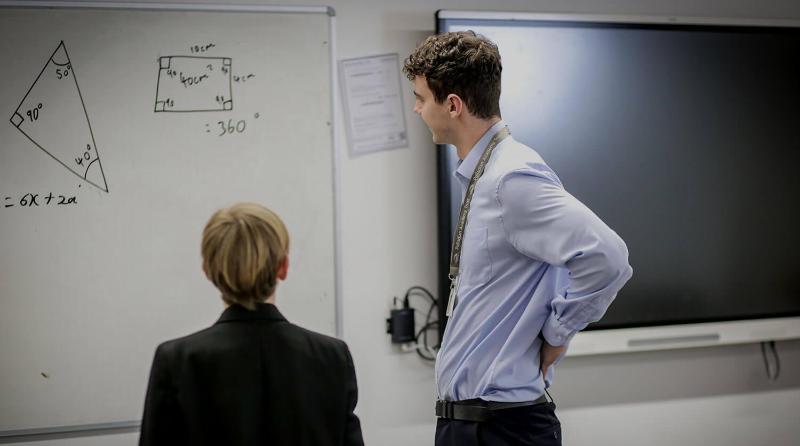The PGCE Secondary programme covers all subjects and is studied full-time over one academic year.
Your first school placement begins with familiarisation, where you observe your Training Mentors teaching the classes that you will eventually take over. You’ll teach parts of lessons before assuming responsibility for them. You’ll also learn about the curriculum in your subject, how schools work and how pupils make progress.
Throughout your training you’ll be supported by your Academic Tutor, who is a specialist in your subject. Your Academic Tutor nurtures and develops you as an individual and a professional, while working closely with your Training Mentors and Lead Trainers to provide vital support.
Your PGCE Secondary journey culminates in you developing independence and your own identity as a teacher. You’ll create your own resources, style and techniques for teaching, and build the confidence you need to bring your subject to life.
Throughout the year, you'll track and reflect on your experiences and gain evidence of your suitability to be recommended for Qualified Teacher Status (QTS).

